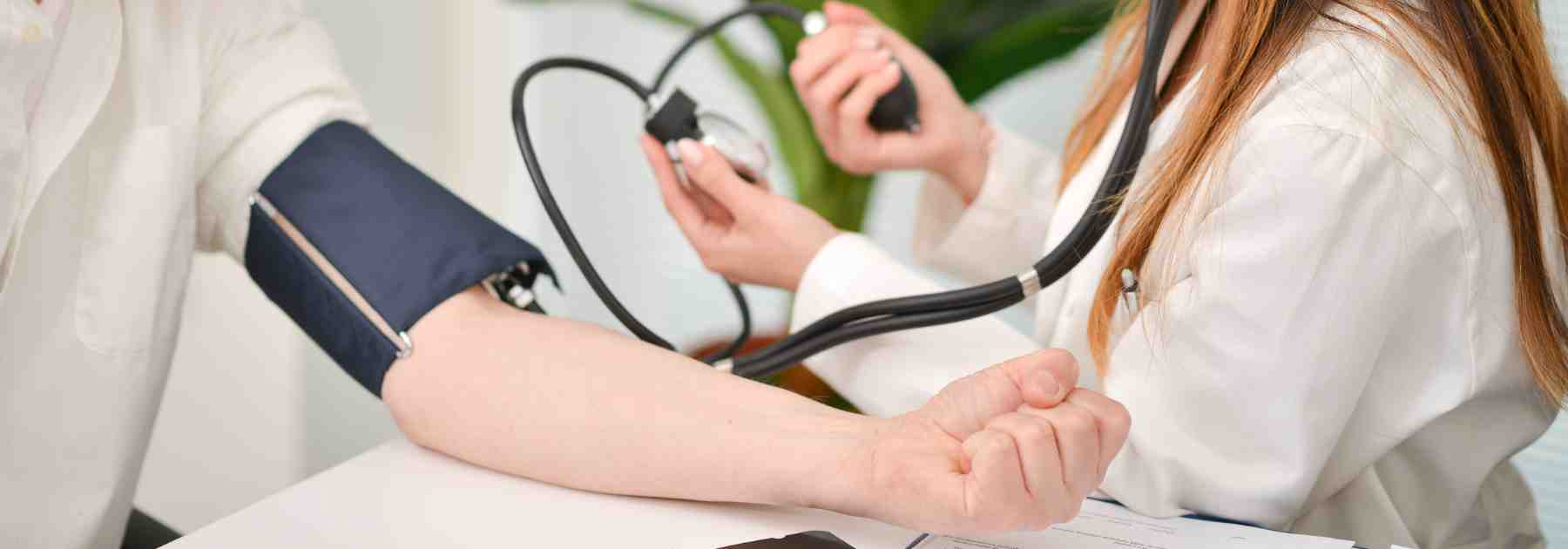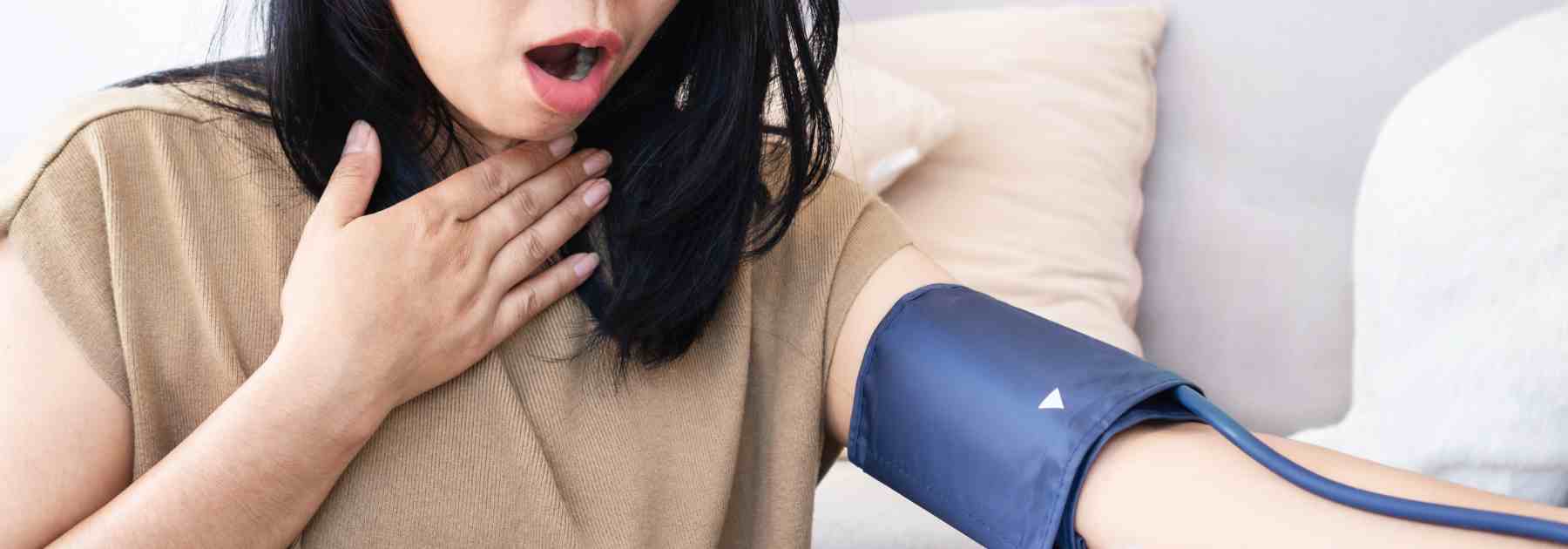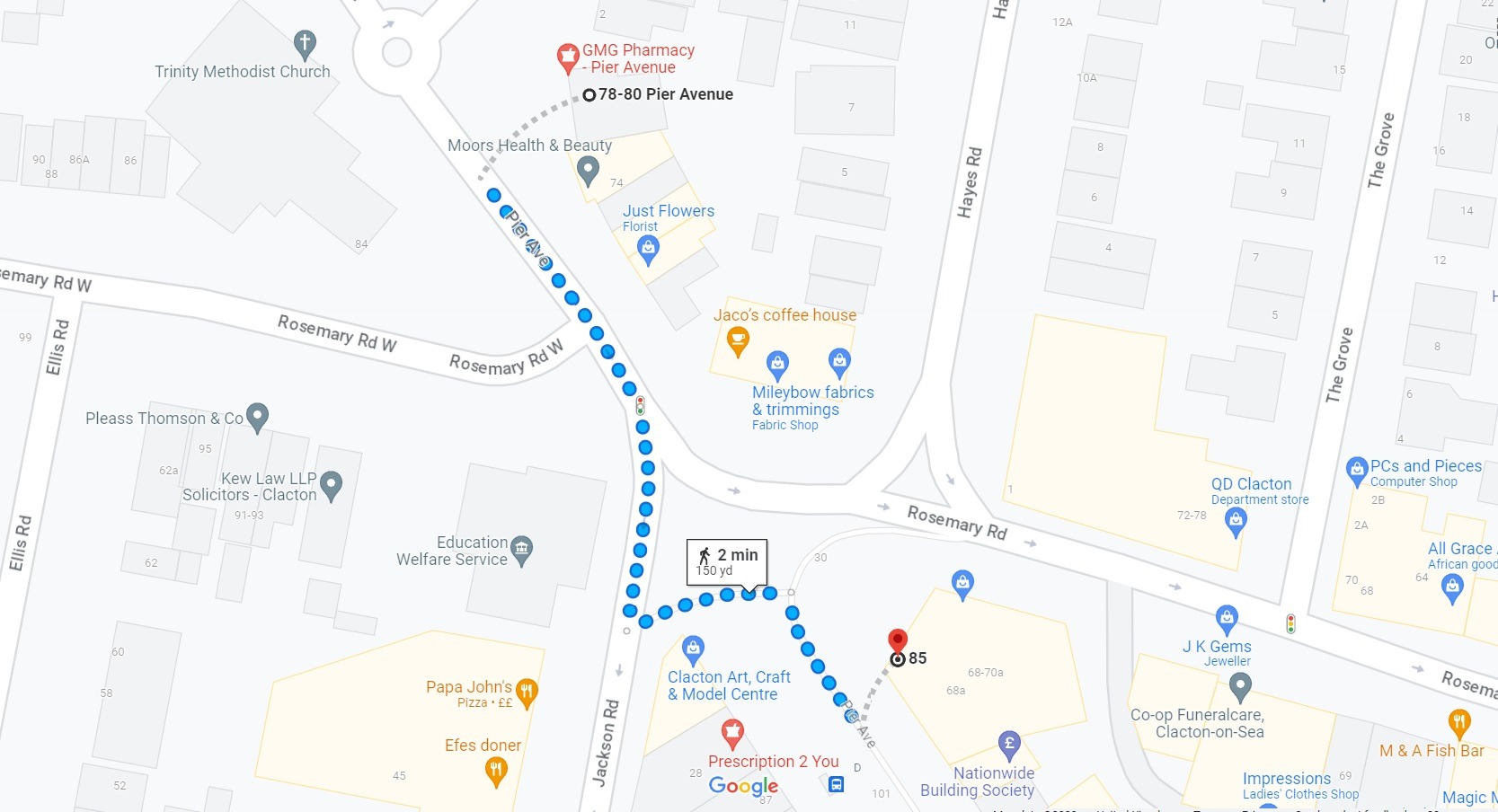Does High Blood Pressure Make You Tired? Recognising the Signs
High blood pressure, or hypertension, is often called the “silent killer” because it typically doesn’t present with obvious symptoms. However, one question we frequently hear at G.M. Graham Pharmacy is, “Does high blood pressure make you tired?” While fatigue isn’t always the most prominent sign, it can indeed be linked to hypertension and other related health conditions. In this article, we’ll explore the connection between high blood pressure and tiredness, along with other symptoms to look out for, and what you can do to manage your health effectively.
Can High Blood Pressure Cause Fatigue?
The answer to whether high blood pressure makes you tired is more nuanced than a simple yes or no. While hypertension itself doesn’t directly cause fatigue, the strain it places on your body can leave you feeling drained over time. Here’s how:
Heart Strain: When blood pressure is consistently high, the heart has to work harder to pump blood, which can lead to fatigue as the body struggles to maintain efficient circulation.
Poor Sleep Quality: High blood pressure is often linked to sleep disturbances, such as sleep apnoea. Interrupted sleep patterns can leave you feeling exhausted during the day.
Medication Side Effects: Many antihypertensive medications, such as beta-blockers, list tiredness as a common side effect. While these drugs are effective in managing blood pressure, they can impact energy levels.
Underlying Conditions: Fatigue may also indicate an underlying condition related to hypertension, such as kidney problems or cardiovascular disease. These conditions can deplete your energy reserves.
If you’re experiencing unexplained fatigue, it’s worth discussing your symptoms with a healthcare professional. At G.M. Graham Pharmacy, we can provide guidance on how to manage both high blood pressure and its associated symptoms effectively.

Other Symptoms of High Blood Pressure
Fatigue isn’t the only potential sign of hypertension. Since it’s a largely asymptomatic condition, many people remain unaware they have it until it’s detected during a routine check-up. However, in some cases, high blood pressure may manifest through symptoms such as:
Headaches: Persistent or severe headaches, particularly at the back of the head, may indicate elevated blood pressure levels.
Shortness of Breath: Struggling to catch your breath during light activity can signal that your cardiovascular system is under strain.
Dizziness or Light-Headedness: Feeling faint can occur due to fluctuating blood pressure, especially if it spikes suddenly.
Blurred Vision: Hypertension can damage blood vessels in the eyes, leading to vision problems or even permanent damage if left untreated.
Chest Pain: High blood pressure increases the risk of angina, a condition characterised by chest pain or discomfort due to reduced blood flow to the heart.
Nosebleeds: Although rare, frequent nosebleeds can sometimes be associated with extremely high blood pressure.
Swelling in the Legs or Feet: Fluid retention, often linked to hypertension’s effects on the kidneys, can cause noticeable swelling in the lower extremities.
If you notice any of these symptoms, it’s essential to seek medical advice promptly. At G.M. Graham Pharmacy, we offer blood pressure checks and can help you monitor your health effectively.
Managing High Blood Pressure and Fatigue
The good news is that high blood pressure and its associated symptoms, including fatigue, can often be managed through lifestyle changes and appropriate treatment. Here are some tips to help you feel more energised and improve your overall health:
Adopt a Heart-Healthy Diet: Eating a balanced diet rich in fruits, vegetables, whole grains, and lean proteins can significantly lower blood pressure. Reducing your intake of salt, sugar, and saturated fats is also crucial.
Stay Active: Regular physical activity, such as walking, swimming, or yoga, can strengthen your heart and improve circulation. Aim for at least 30 minutes of moderate exercise most days of the week.
Manage Stress: Chronic stress can raise blood pressure levels. Techniques like mindfulness, meditation, and deep breathing exercises can help you stay calm and reduce stress.
Prioritise Sleep: If poor sleep is contributing to your fatigue, consider establishing a bedtime routine and ensuring your sleep environment is conducive to rest. Avoid caffeine and screen time before bed.
Take Medications as Prescribed: If you’ve been prescribed medication for high blood pressure, ensure you take it consistently and discuss any side effects, such as tiredness, with your pharmacist or doctor.
Monitor Your Blood Pressure: Regular monitoring helps you keep track of your progress. At G.M. Graham Pharmacy, we offer quick and convenient blood pressure checks to support your health journey.

When to See a Doctor
While lifestyle changes can make a significant difference, it’s important to consult a healthcare professional if you’re experiencing persistent fatigue or other symptoms of high blood pressure. Early detection and management are key to preventing complications such as heart disease, stroke, or kidney damage.
Take Control of Your Blood Pressure with G.M. Graham Pharmacy
If you’ve ever wondered, “Does high blood pressure make you tired?”, the answer lies in understanding how hypertension affects your overall well-being. At G.M. Graham Pharmacy, we’re here to support you with expert advice, blood pressure monitoring, and personalised recommendations to help you feel your best.
Don’t let high blood pressure and fatigue slow you down. Visit us today to learn more about managing hypertension and achieving a healthier, more energised life. Together, we can help you take control of your health and well-being.
This blog was written on behalf of G.M. Graham Pharmacies by Pharmacy Mentor.
